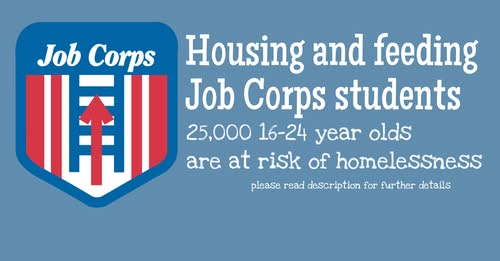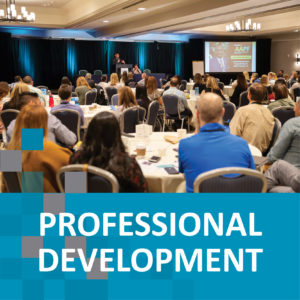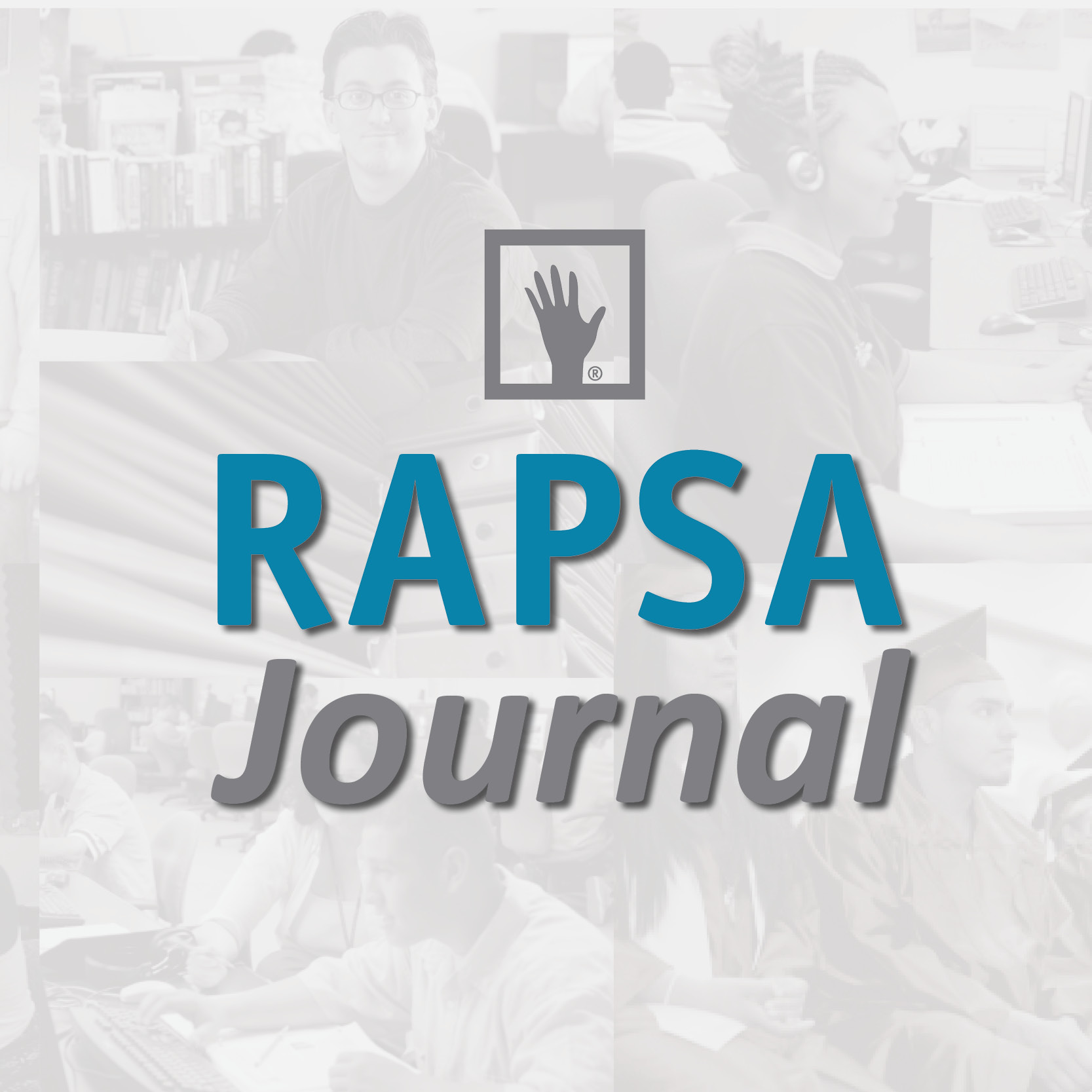Professional Development
RAPSA offers webinars and other professional development opportunities for educators working with at-promise students. These include topics like “Best Practices for Teaching English Language Learners and Students of Diverse Backgrounds,” and “Blended Learning in a Dropout Recovery Model.” To obtain copies of previous webinars, please contact info@rapsa.org.

FREE Webinars
RAPSA hosts interactive webinars for leaders creating strategies for serving at-promise youth. We have a 60-minute time set aside to share strategies and seek answers to some of the issues that are facing at-promise students across the country.
RAPSA Journal
The RAPSA Journal consists of a network of committed professionals to establish best practices for serving at-promise students and advocate for policies that support student success. These publications provide articles about research and initiatives across the country that explore solutions for serving out-of-school and other high-risk youth.
Supporting At-Promise Students
The Reaching At-Promise Students Association (RAPSA) is a nonprofit organization focused on helping educators working with at-risk students. By identifying students as “at-promise,” the organization emphasizes the belief that despite obstacles, all students can succeed. Today, RAPSA is a leading professional development and networking organization for those working with the at-promise student population, and has a membership of hundreds of educators internationally, including teachers, administrators, counselors, coaches, volunteers, and community members. View our Organizational Members.
Mission
RAPSA’s mission is to improve the lives of at-promise students by providing professional development experiences for educators who work with the opportunity youth population.
Together, we can create opportunity for all young adults to reconnect and thrive.
Re-engagement
Our region’s businesses, workers and families will thrive when we unlock the potential of every San Diegan to succeed. True opportunity is achieved through access to networks, knowledge and resources like transportation and child care alongside lifelong learning to help workers acquire skills relevant to a rapidly changing economy.
WE ARE HONORED TO BE
Trusted Nationally
Our word is our bond. That’s why organizations across the country trust RAPSA to deliver results. When we make a promise, we keep it. RAPSA has been honored with the privilege of working with top educational institutes and leadership all over the nation since 1998!
Join educators and educational advocates from across the country to learn and collaborate on issues related to educational accountability. It is not that schools don't want to be measured, it is that schools want measures to be appropriate and accurate.
LATEST NEWS
 Job Corps Funding Cut Displaces 25,000 Students Nationwide - The proposed elimination of the Job Corps program from the FY2026 budget proposal poses an incredible threat to the safety and security of America’s youth and young adults. Kaylee Lynch, pictured above, sitting in a walkway on campus. 25,000 Students Aged 16-24 Will Be Immediately Displaced Nationwide For many students Job Corps is a “game
Job Corps Funding Cut Displaces 25,000 Students Nationwide - The proposed elimination of the Job Corps program from the FY2026 budget proposal poses an incredible threat to the safety and security of America’s youth and young adults. Kaylee Lynch, pictured above, sitting in a walkway on campus. 25,000 Students Aged 16-24 Will Be Immediately Displaced Nationwide For many students Job Corps is a “game Leveraging Data Equity to Empower At-Promise Students - Leveraging Data Equity to Empower At-Promise Students Tony Simmons, Executive Director for High School for Recording Arts, Co-Founder and Co- Director of Center for Love and Justice/HTH GSE Summary: In this article, we examine the significant role that data equity and artificial intelligence (AI) can play in supporting at-promise students—those who face challenges such as
Leveraging Data Equity to Empower At-Promise Students - Leveraging Data Equity to Empower At-Promise Students Tony Simmons, Executive Director for High School for Recording Arts, Co-Founder and Co- Director of Center for Love and Justice/HTH GSE Summary: In this article, we examine the significant role that data equity and artificial intelligence (AI) can play in supporting at-promise students—those who face challenges such as The Ritual tells the story of Inglewood educator supporting At Promise students - “The Ritual” tells the story of Inglewood educator supporting At Promise students from Classroom the classroom to real life. Former RAPSA Board Member and Current 30 year Veteran Teacher Tedric Johnson The Spot SoDo Studios has produced a documentary on Inglewood educator Tedric Johnson, who taught Black and Latino boys at Morningside High School who
The Ritual tells the story of Inglewood educator supporting At Promise students - “The Ritual” tells the story of Inglewood educator supporting At Promise students from Classroom the classroom to real life. Former RAPSA Board Member and Current 30 year Veteran Teacher Tedric Johnson The Spot SoDo Studios has produced a documentary on Inglewood educator Tedric Johnson, who taught Black and Latino boys at Morningside High School who



